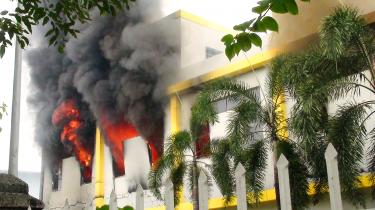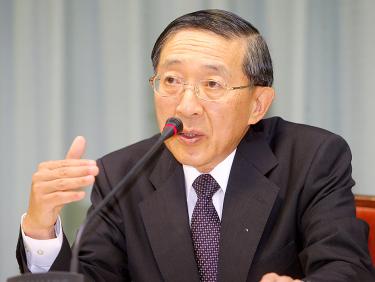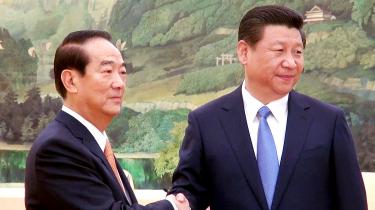Vietnamese mobs burn foreign firms in riots against China
Reuters, HANOI and MANILA
Thousands of Vietnamese set fire to foreign factories and rampaged in industrial zones in the south of the country in an angry reaction to Chinese oil drilling in a part of the South China Sea claimed by Taiwan, Vietnam and China, officials said yesterday.
The brunt of Tuesday’s anti-China violence appears to have been borne by Taiwanese companies in the provinces of Binh Duong and Dong Nai that rioters mistook as being Chinese-owned.
The row over the South China Sea was sparked by Beijing’s movement of an oil rig near the Paracel Islands (Xisha Islands, 西沙群島) last week. The Paracels are claimed by Taipei, Hanoi and Beijing.
The anti-China violence in Vietnam has brought relations between Hanoi and Beijing to one of their lowest points since the Communist neighbors fought a brief border war in 1979.
“I fear a dark chapter in Sino-Vietnamese relations is now being written and because China wants to keep that oil rig in place into August, these protests could just be the first pages,” said Ian Storey, a expert on the South China Sea at Singapore’s Institute of Southeast Asian Studies.
Binh Duong People’s Committee vice chairman Tran Van Namb said the workers’ protests were initially peaceful, but disorder broke out when their numbers swelled to about 20,000. Gates were smashed and rioters set 15 factories on fire, he said.
“This caused billions of dong [hundreds of thousands of dollars] in damages and thousands of workers will have lost their jobs,” Nam said by telephone. “We urge everyone to stay calm, exercise restraint and have faith in the leadership of the [Vietnamese Communist] Party and State.”
A Binh Duong police official said by telephone that about 200 people had been arrested, adding: “We are working on other areas in the province... We haven’t seen any injuries.”
A Singaporean Ministry of Foreign Affairs spokesman said that the premises of a number of foreign companies in two Vietnam-Singapore joint venture industrial parks in Binh Duong had been broken into and set ablaze.
Chinese Ministry of Foreign Affairs spokeswoman Hua Chunying (華春瑩) told reporters that China was seriously concerned about the violence and had summoned Vietnam’s ambassador to protest.
Beijing has “demanded the Vietnamese side make efforts to adopt effective measures to resolutely support eliminating illegal criminal acts and protect the safety of Chinese citizens and institutions,” Hua told reporters.


